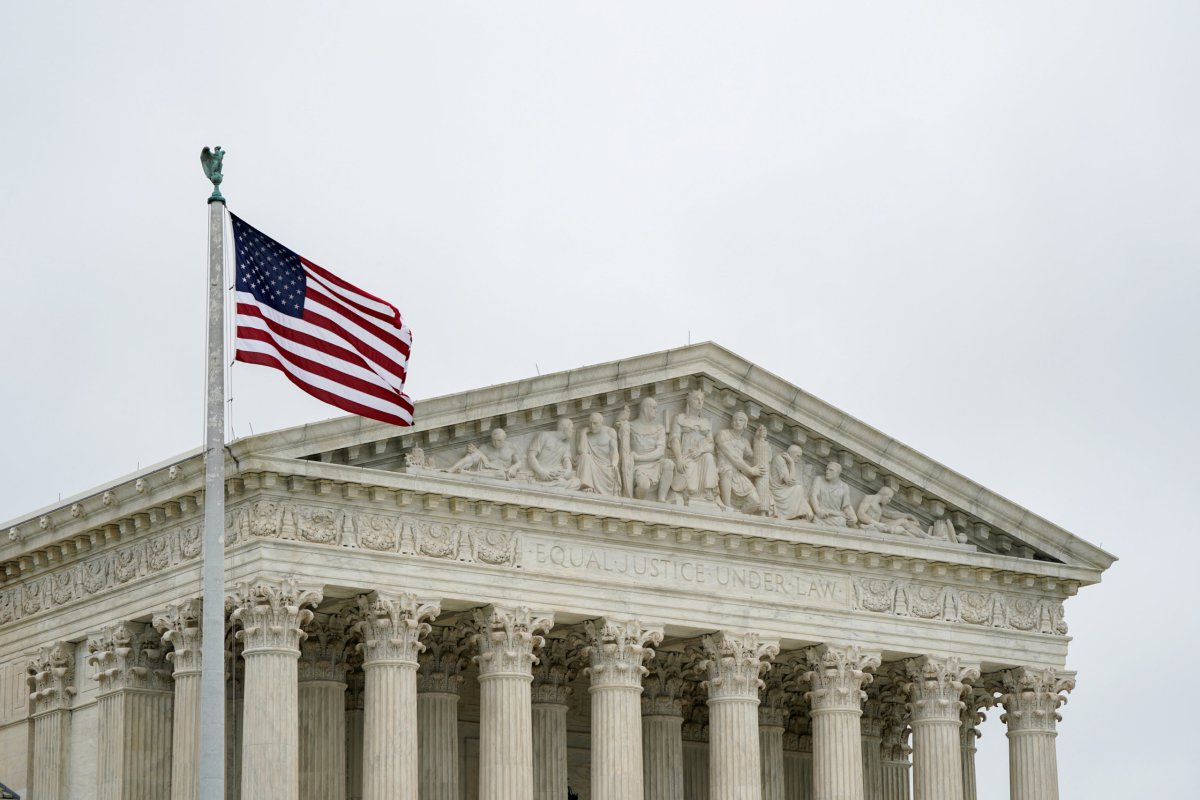By Andrew Chung
WASHINGTON (Reuters) – The U.S. Supreme Court on Thursday expanded presidential control over pivotal jobs in federal agencies, ruling that the way the Securities and Exchange Commission selected its in-house judges to enforce investor-protection laws was improper.
In a 7-2 ruling, the justices overturned a lower court ruling that had endorsed the SEC’s in-house judge hiring practice that operated autonomously from the president.
The ruling could reverberate through the federal government, which has nearly 2,000 administrative law judges deciding matters as varied as unfair trade practices, veterans benefits and patent infringement. Such a ruling could also make it easier for some of these judges to be fired by political appointees.
Six of the justices said the appointments of the judges were unconstitutional. Liberal Justice Stephen Breyer agreed with the outcome, but said it only violated federal administrative law. Liberal Justices Ruth Bader Ginsburg and Sonia Sotomayor dissented from the decision.
The high court sided with Raymond Lucia, a California-based former radio host and investment adviser who challenged the SEC after being banned by one of its administrative law judges from investment-related work and fined $300,000 for making misleading claims in his “Buckets of Money” retirement wealth strategy.
The justices said Lucia must now be given a new hearing in front of a properly appointed administrative judge, or the commission itself.
The ruling provided a victory to Republican President Donald Trump, whose administration last November sided with Lucia in a reversal from the stance that had been taken by the administration of his Democratic predecessor, Barack Obama.
Six justices agreed with Lucia and the Trump administration that the SEC had infringed upon powers assigned to the president in the U.S. Constitution’s “appointments clause” regarding the filling of certain federal posts.
Justice Stephen Breyer said the appointment of the judge who presided over Lucia’s case ran afoul of the Administrative Procedure Act but refused to join the others in saying it was unconstitutional.
The SEC charged Lucia with securities fraud in 2012. SEC Administrative Law Judge Cameron Elliot found him liable, barring him from the industry and ordering him to pay $300,000 in fines. The U.S. Court of Appeals for the District of Columbia Circuit in 2016 upheld that ruling.
Corporate rights groups had complained that as the SEC’s enforcement powers expanded, it sent more cases to its own judges rather than federal district courts, giving the agency an unfair “home court” advantage.
Lucia claimed that the SEC’s administrative law judges are “inferior officers” subject to part the U.S. Constitution requiring certain officials who wield significant authority to be appointed by the president, a department head or a court.
Lucia’s attorneys identified about 150 administrative judges across 25 agencies who might fall under the officer designation.
The SEC, whose judges are selected by the commission’s chief judge and human resources office, argued that its judges were merely employees in part because their decisions are not final and still subject to review by the commission.
The SEC said in November that it had taken steps to ensure that its in-house judges were appointed in a way that resolved constitutional concerns.
(Reporting by Andrew Chung; Editing by Will Dunham)



















